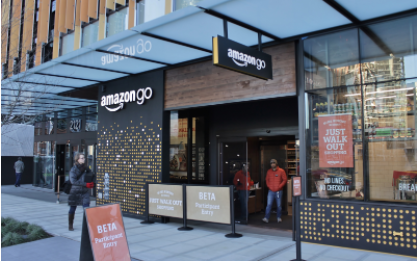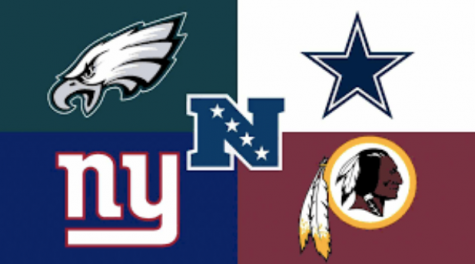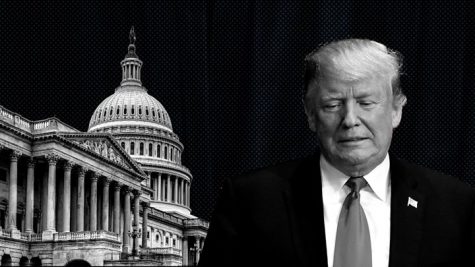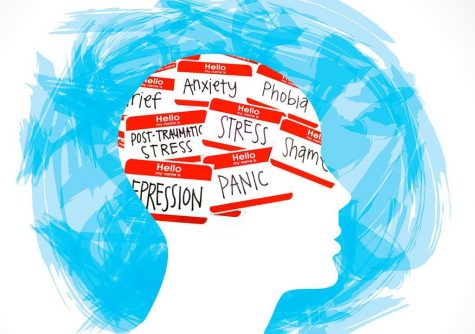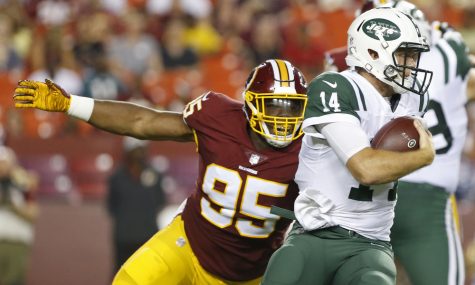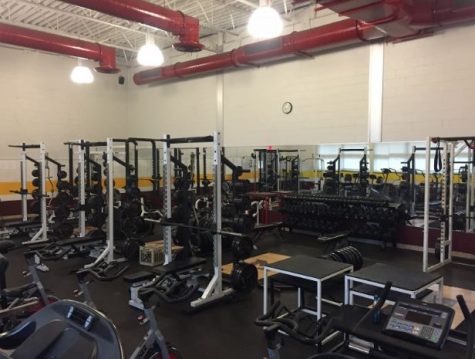Amazon: Doing More Harm Than Good?
While the size of Amazon’s control exponentially increases, along with innovation and progress it brings, the company can be seen as overextended and creating problems for surrounding parties. Recently, Amazon created a check out less grocery store, and worked towards creating a new massive headquarters in which its potential impact leads to reservations.
The Amazon Go convenience store is located in Seattle, in which there are no cashiers. The individual chooses what items they would like, and it is added to a virtual cart. Once exiting the store, all of the items selected will be added to the person’s account. While being more convenient and intuitive for the shopper, this may eliminate jobs since there would be no need for a cashier. Hypothetically, if other large companies began using this technology and got rid of their cashiers, 2.3 million out of the 3.4 million could be put out of work. This would be only 0.6% of a loss towards the entire private sector income, but may result in many requiring assistance from federal support programs. With this only being an estimate, the result of implementing cashierless checkout can possibly not be as severe- no outcome is for certain (Forbes). There is also hope that there is a balance between the technology and human service that could be implemented as to not put everyone working in the service industry out of work (Forbes). While the possible negatives of this situation appear to be pretty substantial, the question should be asked if this is just an Amazon problem, or the change coming with the inevitable progression of technology.
Now the focus of Amazon’s attention is its location for their HQ2 headquarters, after outgrowing its original in Seattle. Many cities pinned to get Amazon’s attention as a possible home for the 5 billion dollar investment, bringing in 50,000 new high-paying jobs. Despite this massive motivator, places like Denver Colorado and Dallas Texas which both have made Amazon’s top 20 list, see the downside of its placement. In Denver, the effect of the headquarters would lead to a rise in rent and congestion due to the amount of people moving to work at the company. Denver was reported to have been ranked the 21st place for worst traffic in the US, with its congestion only growing. Denver also has concerns about the affordability of its homes, for its residents. However a problem still arises, the head quarters with its high paid employees will only decrease the affordability for its residents and can price people out of their own homes. The factors enumerated led the governor to state there would be a “sense of relief” if Denver was not selected (DU Clarion).
Dallas feels very similar to Denver about the issue regarding congestion, affordability, but also the fear on whether Dallas will offer more than it receives. As mentioned, cities are fighting over this opportunity and Dallas offering too much of a generous deal to Amazon can negatively impact other tax paying businesses. Others do not see this problem as too large, as it may only affect a specific area (depending on the location of the headquarters), or that the extent of the effect be not too great since previous large corporations have moved in without too much of an issue. Dallas also thinks in regard to the University of North Texas which provides many degree problems teaching skills that can lead to a possible job at Amazon (North Texas Daily).
The sentiment of Amazon is a dispute between its positive and negative values, which does not lead to a clear position. On the other hand, it is clear that Amazon provides many positive influences and negative influences on society as a whole simultaneously, leaving it up for the people to decide their own opinion on it.

